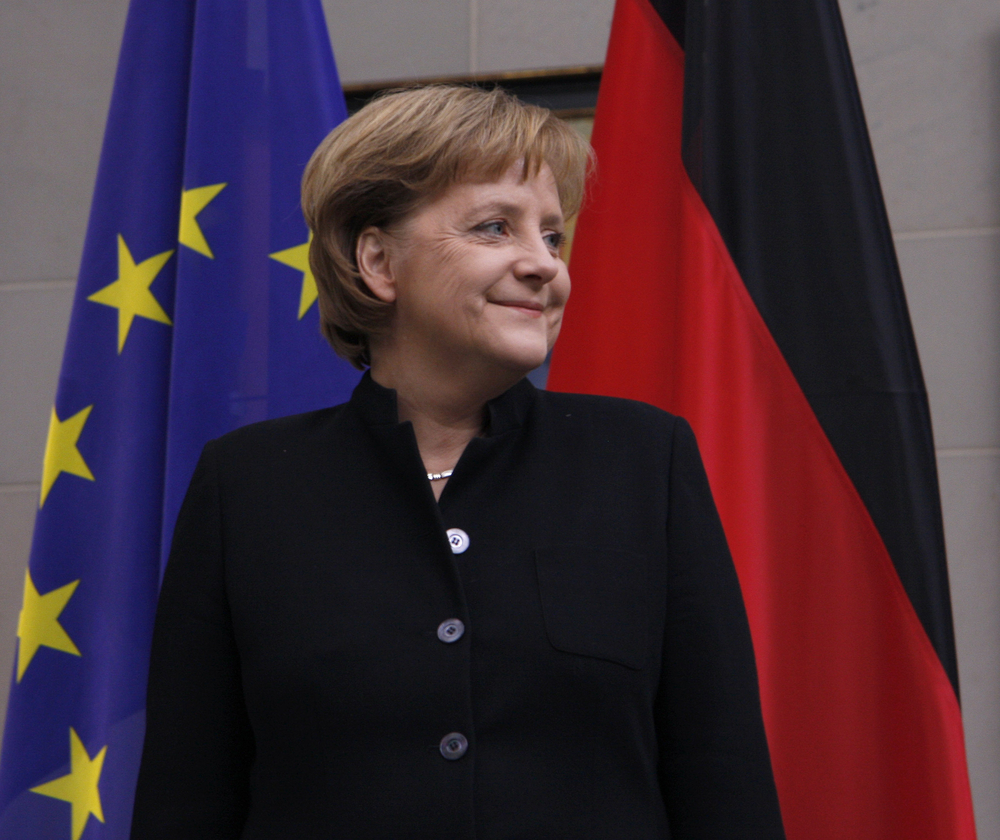16 Jun 2020 | Magazine, Magazine Editions, Volume 49.02 Summer 2020
Journalist
Issa Sikiti da Silva is an award-winning freelance journalist who has traveled extensively across Africa. Born in Kinshasa, the capital of the Democratic Republic of Congo, he has lived in South Africa and worked as a foreign correspondent in West Africa. His work has been published in nearly 40 media outlets
Actor and playwright
Katherine Parkinson is a Bafta-award winning English actress. She has appeared in several television series, including The IT Crowd and Humans. She has also appeared in such films as How to Lose Friends & Alienate People and The Boat That Rocked, as well as on stage in various high profile West End shows. In 2019 Parkinson’s debut work as a playwright, Sitting, had its London premiere, after a month-long run at the Edinburgh Fringe
Playwright
David Hare is a playwright and film-maker. He has written over thirty stage plays which include Plenty and Pravda (with Howard Brenton). For film and television, he has written nearly thirty screenplays which include Licking Hitler, The Hours, The Reader and Denial. In a millennial poll of the greatest plays of the 20th century, five of the top 100 were his
24 Mar 2020 | Magazine, Magazine Editions, Volume 49.01 Spring 2020
Director
Émerson Maranhão is a Brazilian director and filmmaker, who has directed the short film Aqueles Dois, about two transgender men, amongst others
Writer
An award-winning Libyan academic and writer, Najwa Bin Shatwan has written three novels, a collection of short stories, plays and contributions to anthologies
Historian
Tom Holland is a writer and historian, who has published a range of bestselling books. He specialises in classical and medieval history
15 Jul 2013 | Europe and Central Asia, News and features
German chancellor Angela Merkel has called for more stringent EU data protection rules, after allegations that US surveillance programmes have also impacted EU citizens. Sara Yasin reports
In an interview with ARD television yesterday, the German leader called for privacy rules that apply to all member states, as online companies are currently only required to follow legislation where they are registered. Facebook, for example, is registered in Ireland and is only required to follow Irish privacy laws.
Merkel also told ARD that she expects the United States to abide by Germany’s privacy laws in the future.
While Merkel has claimed that she learned of US mass surveillance from the media, German daily Bild reported that the country’s foreign intelligence agency (BND) knew about the programme as well as storage of German data for many years now. Bild also reported that data stored was also used by German intelligence to locate citizens kidnapped abroad.
Index, along with English PEN, Open Rights Group, and Article 19 have called on the European Parliament “to support a Data Protection Regulation that helps people regain control of their personal data.”
In a letter sent to Sarah Ludford MEP, a shadow rapporteur on the European Parliament’s data protection dossier, the organisations stressed the importance of control over personal data:
Too often, people do not know how their information will be used, where it will be processed or who will have access to it. This is partly because the principles of the current data protection laws are insufficiently implemented. We believe the new Data Protection Regulation could give people more control over what happens to their information, and ensure those that collect and use data adhere to the rules.
The European Parliament has ordered a probe into allegations that the United States has spied on EU citizens and diplomats. The Civil Liberties Committee will hold an inquiry, and plans to release a report by the end of this year.
Sara Yasin is an Editorial Assistant at Index. She tweets from @missyasin
26 Jan 2012 | Leveson Inquiry
The Information Commissioner was pressed at the Leveson Inquiry today over whether or not he should seek out evidence of data protection breaches.
Christopher Graham said he had seen no proof of breaches of data protection beyond the “historic” evidence resulting from Operation Motorman published in 2006, which disclosed the names of 22 newspapers that used private investigator Steve Whittamore to access illegally-obtained information.
Graham said there is currently “no smoke”, and that it was not in his remit to “set off on fishing expeditions.”
“I am inclined to wait until I have more evidence of current abuse than I do at the moment,” he said, adding that the regulator had to “pick its battles” and “prioritise resources” where there is evidence of wrongdoing.
Lord Justice Leveson said that the absence of evidence does not mean something is or is not going on. “We do not know what we do not know,” he told Graham.
Graham added he was “surprised” to hear the Daily Express’ revelation earlier this month that they had used private investigator Steve Whittamore in 2010, five years after he had been convicted for illegally trading information.
He was also quizzed over a letter published today by the Hacked Off campaign asking the ICO to inform Whittamore’s targets, so they may challenge claims that searches were done in the public interest.
Graham said it would be a “phenomenal undertaking” to notify the targets revealed by Operation Motorman (the investigation that examined the use of a private investigators by the media to obtain personal information), adding that he “would have to take on a veritable army” of people to do so.
He later invited those concerned to make “subject access requests”.
Follow Index on Censorship’s coverage of the Leveson Inquiry on Twitter – @IndexLeveson







